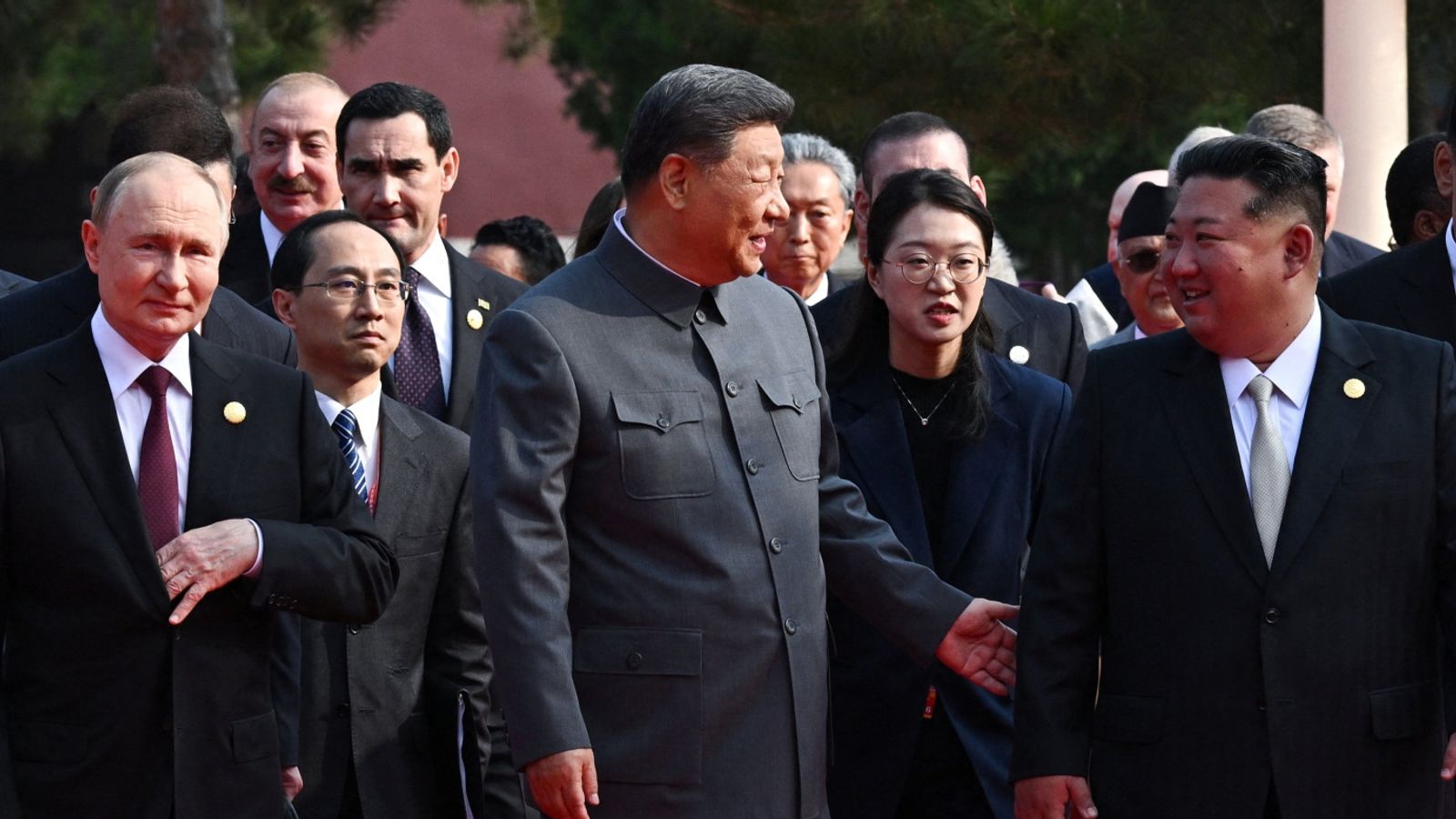Scale of any retaliation will dictate whether Iran and Israel are on a path to all-out war
Israel has launched what looks to be its biggest-ever direct attack against Iran, but an announcement that its forces are only striking military targets is key.

The world has been bracing for an Israeli retaliation against the Iranian regime ever since Iran's military launched a barrage of more than 180 ballistic missiles at Israel more than three weeks ago in response to Israeli attacks against its proxy forces in the region.
The Israeli government had vowed a "hard" response. There had been speculation that this could include the targeting of Iranian nuclear sites, energy infrastructure or even the country's leadership.
However, if the attack is restricted to purely military targets, then - depending on the scale of the damage - it could provide an opportunity for a de-escalation in a tit-for-tat missile war that could ignite the region into full-blown military conflict.
Were that to happen, the size of any Iranian counter-strike would be an important indicator.
If Iran were to choose to reduce the number of missiles fired towards Israel that too would be sending a signal of a desire to de-escalate.
Should any future strike be even bigger than that one on 1 October then, again, the hostilities between Iran and Israel would be on a path to all-out war.
Either way, Israel will now be braced for any Iranian response - something that could happen far faster than the last and only previous time these two nations were directly and opening trading military blows.
Iran's Islamic Revolutionary Guard Corps (IRGC) has been on high alert to defend against the anticipated Israeli attack - but will have also been planning for whatever further action their forces might take.
Tehran has far weaker air defences than Israel. However, it has invested heavily in building up large stockpiles of ballistic and cruise missiles.
This is not the first time the two countries have engaged in direct military confrontation.
In April, Iran fired hundreds of missiles and drones towards Israel in retaliation to a deadly Israeli strike against an Iranian consular building in the Syrian capital, Damascus.
Israeli air defences, bolstered primarily by the US but also with support from the UK and other allies, successfully intercepted the overwhelming majority of the Iranian projectiles.
At that time, Israel was urged to "take the win" rather than escalate the confrontation further by launching a large counter strike on Iran.
It heeded the advice, and its subsequent retaliation happened without any public declaration, with the military striking a defence facility near Isfahan in central Iran.
This time around, Israel has deliberately chosen to be very public in declaring it was striking back against Iran's 1 October barrage.
Both sides are seeking to restore deterrence in a region that has been on the brink of all-out war ever since Hamas - an Iranian-backed militant group in Gaza - launched its devastating attack on Israel on 7 October last year.
From that moment, Israel has been attacking Hamas in Gaza. It has also been locked in a war with Hezbollah - the largest Iranian-backed paramilitary force - in Lebanon as well as fighting on four other fronts, against Iranian-backed militants in Iraq, Syria and Yemen and well as in the West Bank.
But the confrontation with Iran is the most significant, with the greatest potential to ignite a much wider war.
-SKY NEWS







